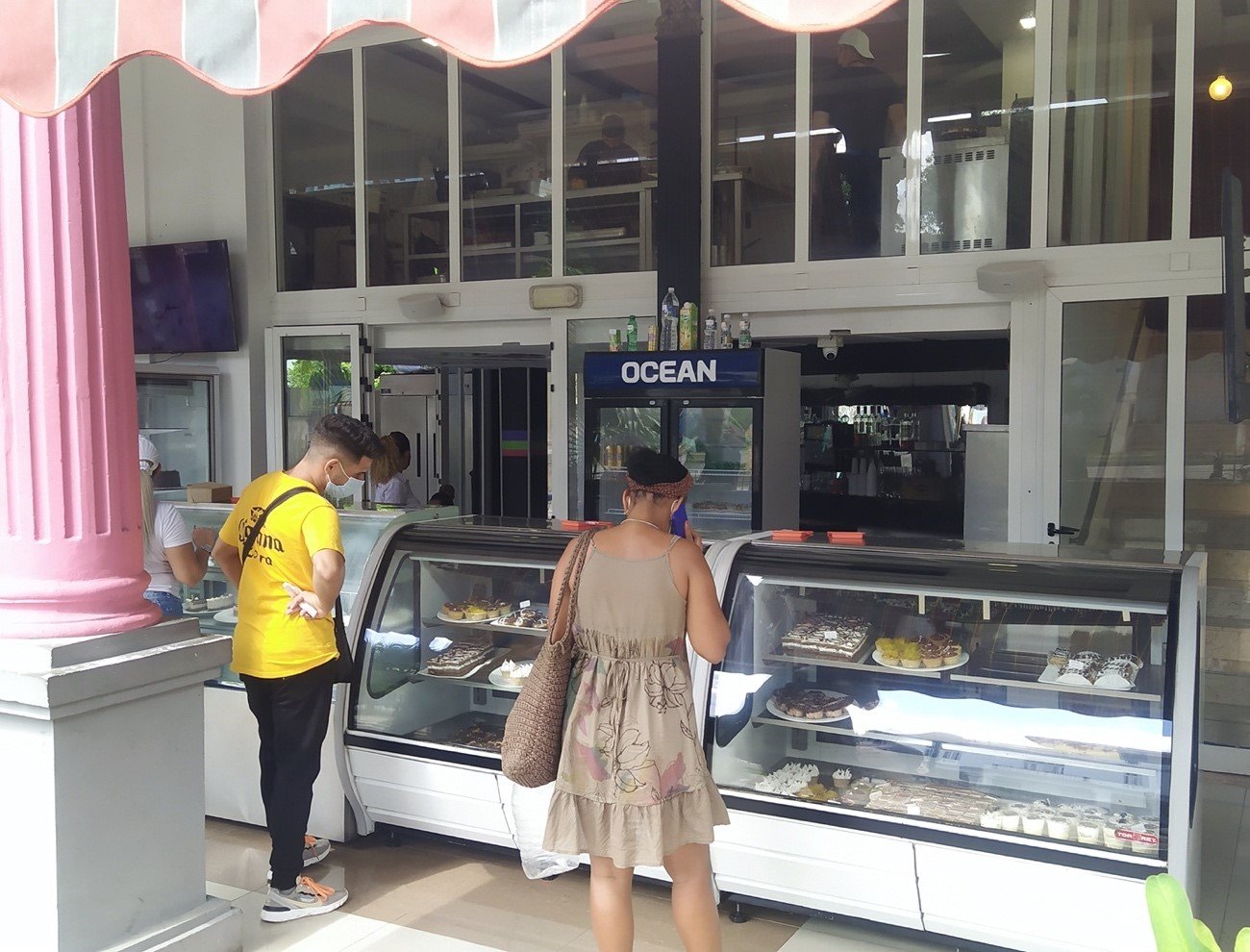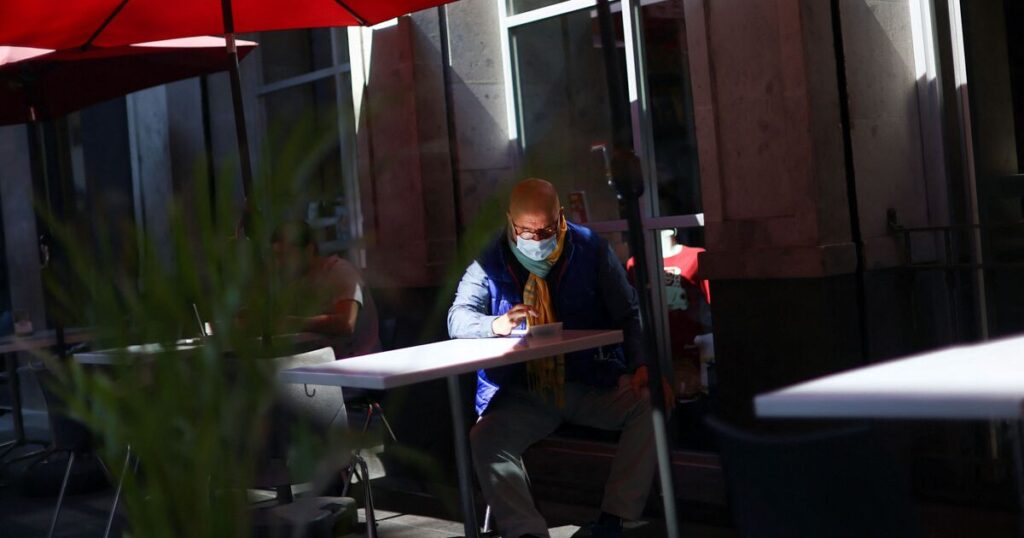The Ministry of Economy and Planning (MEP) of Cuba approved this Wednesday 106 applications for the creation of new micro, small and medium enterprises (MSMEs) and a non-agricultural cooperative.
With this decision, there are already 4,758 new ventures that have received the green light to operate in the Cuban economy since this process began in September 2021, according to data reflected by the official press.
The Ministry of Economy and Planning (MEP) today approved 107 applications for the creation of economic actors, of which 106 are private MSMEs and one is a non-agricultural cooperative. pic.twitter.com/NEEPJ2uUt7
— Ministry of Economy and Planning of Cuba (@MEP_CUBA) August 17, 2022
All the proposals approved so far, 4650 correspond to the private sector51 are state-owned and the number of non-agricultural cooperatives rose to 57.
Due to their origin, 53% of them are reconversions of pre-existing businesses and 47% are new ventures, which together would be able to generate 81,510 new jobs, according to MEP projections.
According to the figures recently revealed, 128 entities under the new form of management are part of local development projects and 12 are incubated in the Science and Technology Park of Havana.
In accordance with current laws, MSMEs have their own legal personality, can export and import through state entities, and have been authorized for legal and authorized economic activities according to Decree 49/2021.
Cuba: call for the creation of MSMEs will cover all economic activities
Among these are those related to accommodation, beauty services, food production, manufacturing, information technology, logistics and transportation activities, among others. However, they cannot access spheres considered strategic for the State, such as health, telecommunications, defense and the press.
In addition, their form of ownership can be state, private or mixed and they share the Cuban economic panorama with the socialist state enterprise —the main economic actor for the Government—, non-agricultural cooperatives and self-employment.
The resurgence of the private business sector, which had disappeared in the 1960s with the so-called Revolutionary Offensive, is part of the strategy designed by the Island government in its attempts to overcome the profound economic crisisaggravated by the impact of the COVID-19 pandemic, the US embargo, and internal difficulties and inefficiencies.















